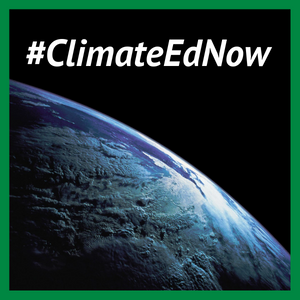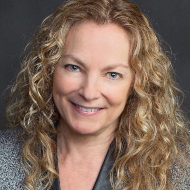Meanwhile, there is much of interest and importance to learn. The history of climate science is fascinating. For example, we’ve known for 150 years that carbon dioxide traps heat and that increasing its concentration in the atmosphere by burning fossil fuels would heat up the planet. Many people don’t realize that human-induced climate change was predicted more than a century before it began to show up in the data.
Many are also unaware that scientists hired by Exxon more than 40 years ago were tasked with predicting the implications of continued extraction and burning of coal, oil, and gas. The scientists reported back with quite accurate predictions of how much carbon dioxide levels in the atmosphere would rise and how much Earth would heat up in response. But rather than release those findings and change course, Exxon kept them secret, and instead launched a disinformation campaign designed to cast doubt on the science while they continued to ramp up the extraction and sale of oil and gas, making them ever richer as the world descended into a climate crisis.
The climate change story is both fascinating and infuriating. There are heroes and there are villains. These stories need to be told.
We must provide our teachers and students with the best available information on climate science and policy in forms they can understand and use. They must be able to understand how and why Earth’s climate is changing, what it means for us, and what we can do about. They must understand the choices we face, and the urgency of action. Our future depends upon it.
Read other essays from our #ClimateEdNow series.

 In this era of misinformation and “alternative facts,” it’s become harder than ever for many people to discern what is true. The problem has become so pervasive that the term “
In this era of misinformation and “alternative facts,” it’s become harder than ever for many people to discern what is true. The problem has become so pervasive that the term “